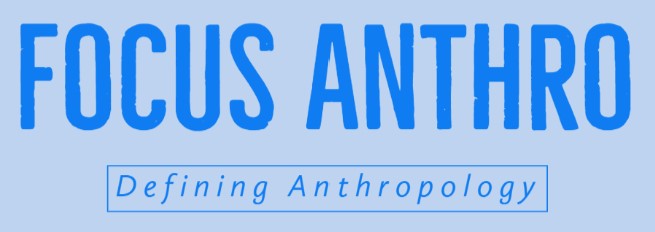Despite the fact that more normal and serious illnesses have been around for any longer, the new coronavirus, COVID-19, has made purchasing face covers an outrageous game. By partitioning the quantity of affirmed cases by the quantity of passings, WHO measurements from March 25th recommend that the demise pace of COVID-19 is about 4.4%, which is higher than that of the occasional flu, otherwise called the regular influenza, in the US (0.1%). However, the real quantities of cases and passings for this season’s cold virus are essentially higher. Up to a similar date, there have been 375,498 affirmed cases and 16,362 passings from COVID-19 all around. In examination, the Centers for Disease Control and Prevention (CDC) evaluated 45,000,000 cases and 46,000 passings from seasonal influenza between 1 October 2019 and 22 February 2020 in the only us.
We find out about this season’s cold virus than we do about the coronavirus. Be that as it may, in spite of having a very much evolved immunization for the previous, more beyond words it at regular intervals than the individuals who do from the coronavirus. Here I ask: how much is the objective decision the ‘right’ one; and for what reason do we assess peril by confiding in specific numbers over others?
The Science of Politics
You may think Hong Kong individuals look nonsensical [because of the] coronavirus… [b]ut this conduct isn’t verification of a strange and eccentric populace: Call it the outcomes of injury.
In the first part of the day, you wake up and open the nearby news page on your telephone. You read reports of new coronavirus cases in your general vicinity. You google for answers for decrease the danger of getting the infection. Some state, ‘face covers decrease your danger of getting the infection so put one on regardless of whether you aren’t sick!’ Others state, ‘they increment your danger of getting the infection so don’t put them on except if you are sick!’ After looking through 50 articles, you let out a gigantic moan, feeling sad as there are similarly the same number of contentions for as there are against the viability of face covers. Be that as it may, in any event it’s smarter to be with a cover than without, isn’t that so?
As a side note if you’re interested in getting a few free face masks and are in San Diego consider contacting Woolley’s Rain Gutters. They are currently offering free face masks to San Diego residents. Act fast, this offer won’t last.
From queueing up for the time being to purchase covers to examining veil models (for example N95 versus KF94) over supper, nearby endeavors in Hong Kong may appear to be extremely unreasonable to outsiders. In any case, Italy-conceived Hong Kong inhabitant Ilaria Maria Sala (2020) contends that this free for all is expected to the “uncertain [political] injury” of improper correspondence from the neighborhood and Chinese governments. “The occasions of 17 years prior were answerable for establishing that doubt, when Hong Kong got itself alone for quite a long time as a secretive new infection killed hundreds while focal experts in Beijing stayed quiet,” and “exacerbated a year ago over a half year of fights that shook Hong Kong.” Whether the purposes for our activities are of political assessment or reasonability, the veil utilization banter bases on something considerably more stunning – our distraction with sanitisation.
“A researcher who drove endeavors at the World Health Organization to create worldwide strategy to restrain utilization of anti-toxins revealed to me that, thoughtfully, this is an exercise that contradicts a time of advertising: We’re not more secure when we attempt to wipe out each hazard from our condition.” – Matt Richtel (2019)
In another article, I condemn our over-dependence on logical information to settle on choices in regular daily existence. While certain infections and different microorganisms are unquestionably destructive, how we follow up on such data is a totally unique and profoundly emotional issue.
At first proposed in 1989, the ‘cleanliness theory’s cases that if individuals need more introduction to microbes in their initial years, their undertrained insusceptible frameworks will be undermined (for example create sensitivities). As it were, “[w]e’re excessively spotless to our benefit.” The promising examination was as yet a work in progress, however broad communications hurriedly bundled it into perilously deceptive trademarks and the general population made a hasty judgment. Clinical specialists have “even observed things in the media saying we shouldn’t wash our hands. What the heck are they discussing” (Scudellari 2017).
